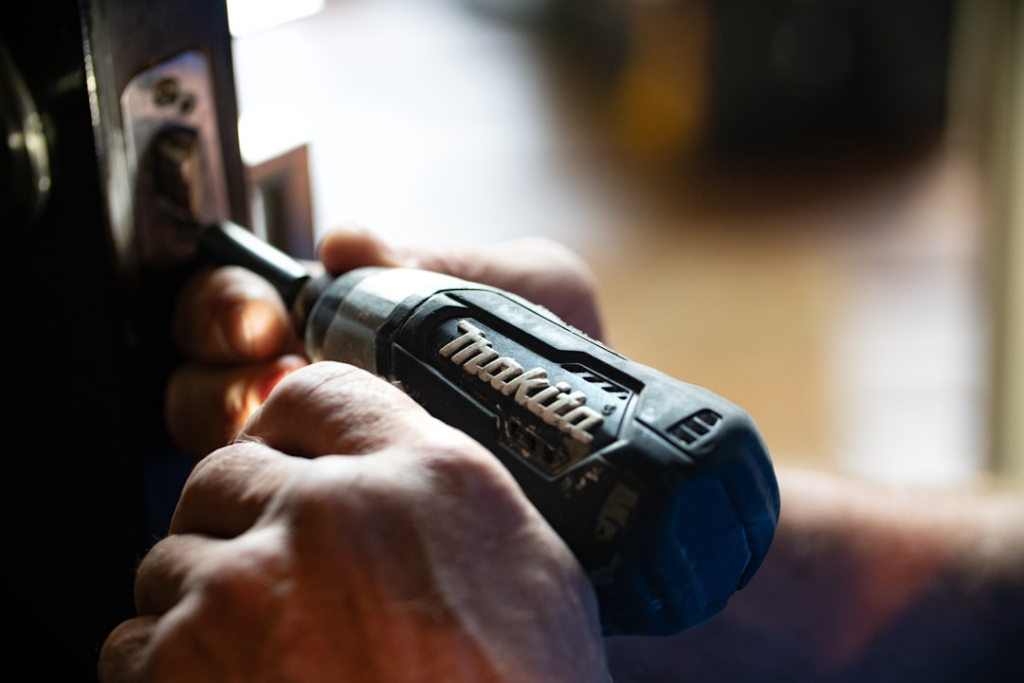Homeownership comes with a slew of responsibilities, but did you know that some of your home improvements could actually save you money on your taxes? Understanding which upgrades are tax deductible can make a significant difference in your financial planning. In this guide, we’ll cover the key home improvements that are tax deductible, focusing on energy-efficient upgrades, home office deductions, and medical home improvements.
Overview of Tax Deductible Home Improvements
Before we get into specifics, it’s essential to understand the difference between tax-deductible home improvements and home repairs. Generally, home improvements that add value to your property, prolong its useful life, or adapt it to new uses can be tax deductible. On the other hand, home repairs that maintain your property’s current condition are usually not tax deductible.
Energy-Efficient Home Improvements
One of the most popular categories for tax deductions is energy-efficient home improvements. The IRS allows tax credits for specific upgrades that improve energy efficiency, which not only saves you money on your utility bills but also helps reduce your tax bill.
Eligible Energy-Efficient Upgrades Include:
- Solar Panels: Installing solar energy systems can qualify you for the Residential Renewable Energy Tax Credit, which covers 26% of the installation cost.
- Energy-Efficient Windows and Doors: Replacing your old windows and doors with energy-efficient ones can also earn you tax credits.
- Insulation: Adding proper insulation to your home can qualify for tax deductions as it improves your home’s energy efficiency.
- HVAC Systems: Upgrading to energy-efficient heating, ventilation, and air conditioning systems can also make you eligible for tax credits.
Home Office Deductions
With the rise in remote work, home office deductions have become increasingly relevant. If you work from home, you may be eligible to deduct expenses related to your home office.
Key Points for Home Office Deductions:
- Exclusive and Regular Use: The space must be used exclusively and regularly for work purposes.
- Principal Place of Business: Your home office must be your principal place of business.
- Deductible Expenses: Common deductible expenses include a portion of your mortgage interest, utilities, and homeowners insurance, calculated based on the percentage of your home used for business.
Medical Home Improvements
If you or a family member require home modifications for medical reasons, these improvements can often be deducted as medical expenses on your tax return.
Eligible Medical Home Improvements Include:
- Wheelchair Ramps: Installing ramps to make your home accessible.
- Widening Doorways: Expanding doorways to accommodate walkers or wheelchairs.
- Bathroom Modifications: Installing grab bars, handrails, or walk-in tubs for accessibility.
- Lowering Cabinets: Adjusting the height of cabinets for easier access.
Difference Between Tax Deductible Home Improvements and Home Repairs
Understanding the distinction between improvements and repairs is crucial for maximizing your tax deductions.
Home Improvements:
- Add Value: Projects that add value to your property, such as a kitchen remodel or new roof.
- Prolong Life: Improvements that extend the life of your home, like new plumbing or electrical systems.
Home Repairs:
- Maintenance: Tasks that maintain your property’s condition, such as fixing a leaky faucet or patching a roof.
How to Claim Tax Deductions for Home Improvements
Claiming tax deductions for home improvements involves keeping detailed records and following specific IRS guidelines.
Steps to Claim Deductions:
- Keep Receipts: Save all receipts and documentation related to your home improvement projects.
- Consult IRS Forms: Use IRS Form 5695 for energy-efficient improvements and Form 8829 for home office deductions.
- Professional Advice: Consider consulting a tax professional to ensure you’re maximizing your deductions.
Conclusion
Understanding which home improvements are tax deductible can significantly impact your financial planning and tax savings. From energy-efficient upgrades to home office deductions and medical improvements, there are various ways to reduce your tax burden while enhancing your home.





